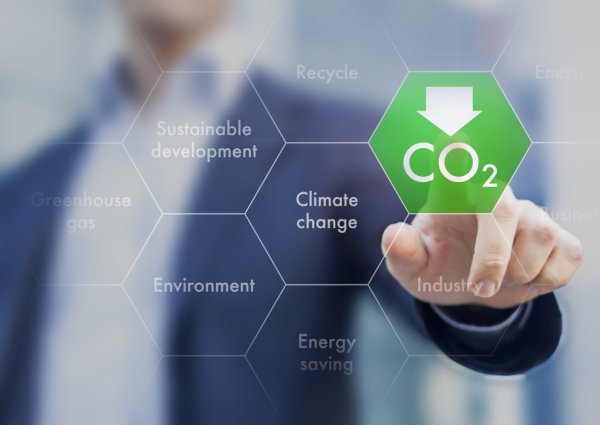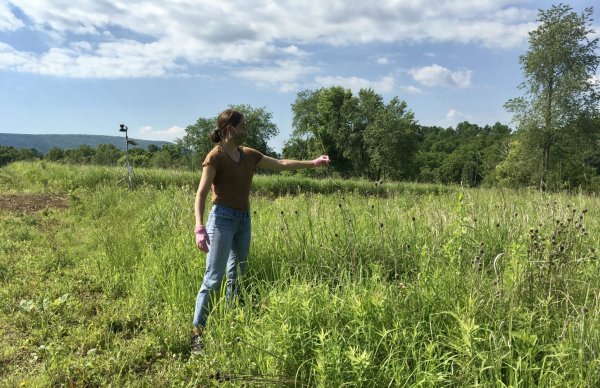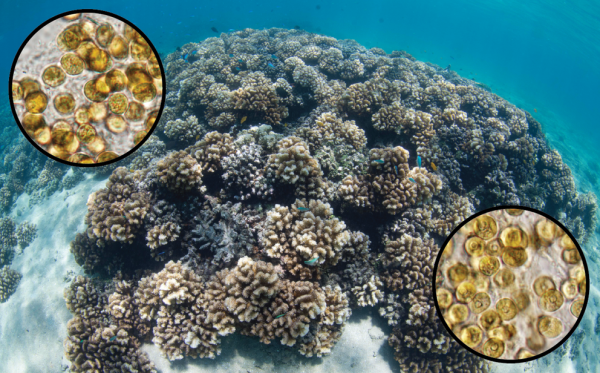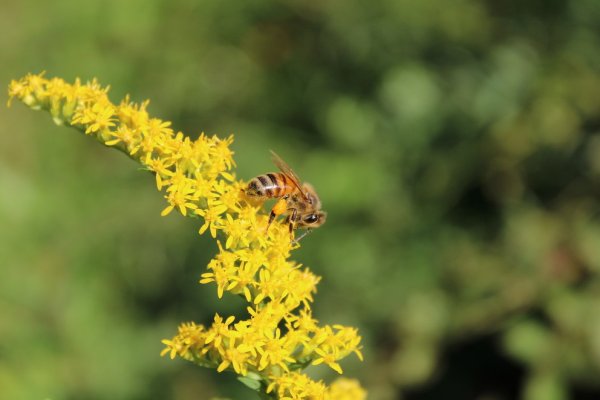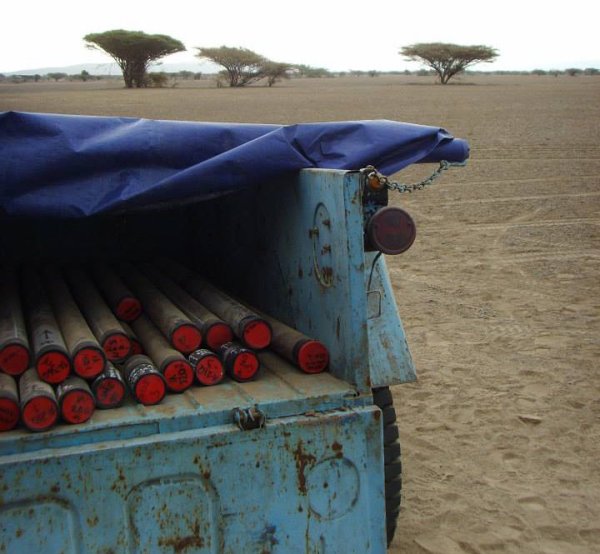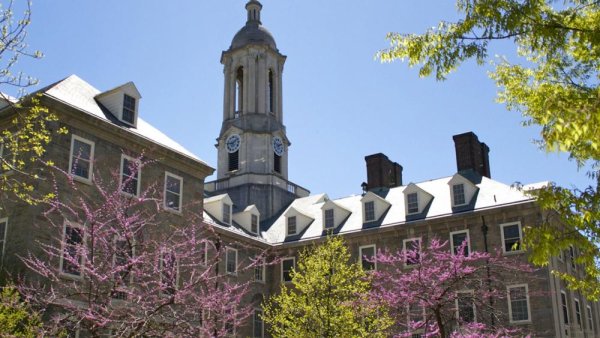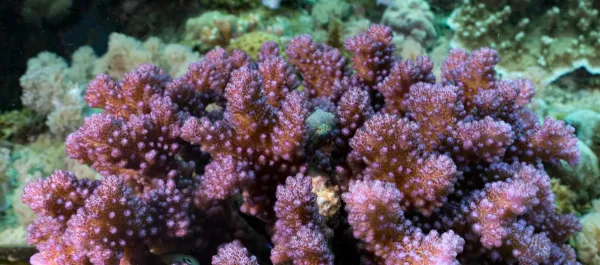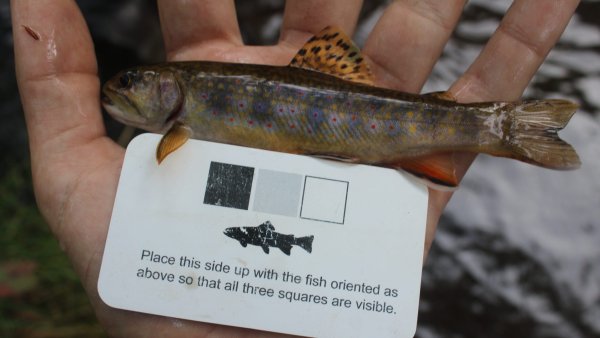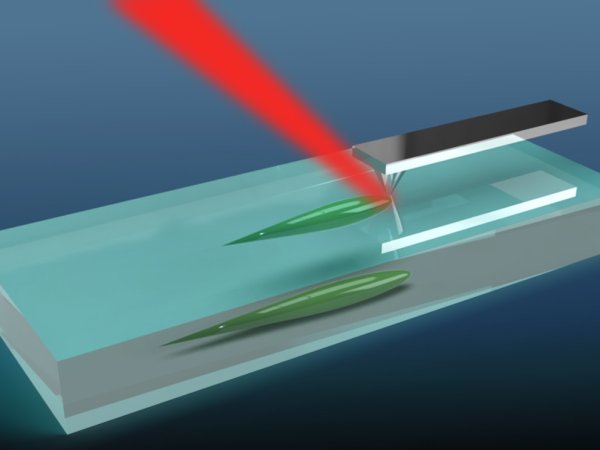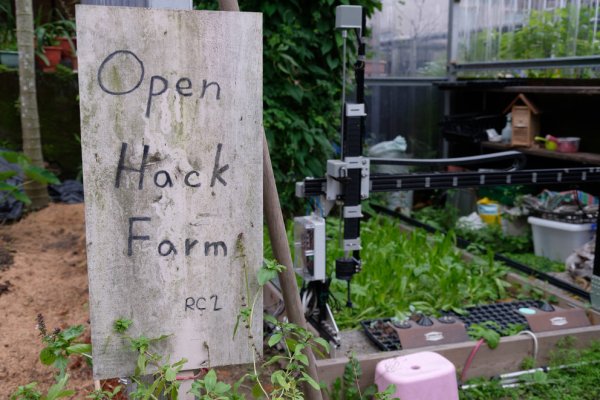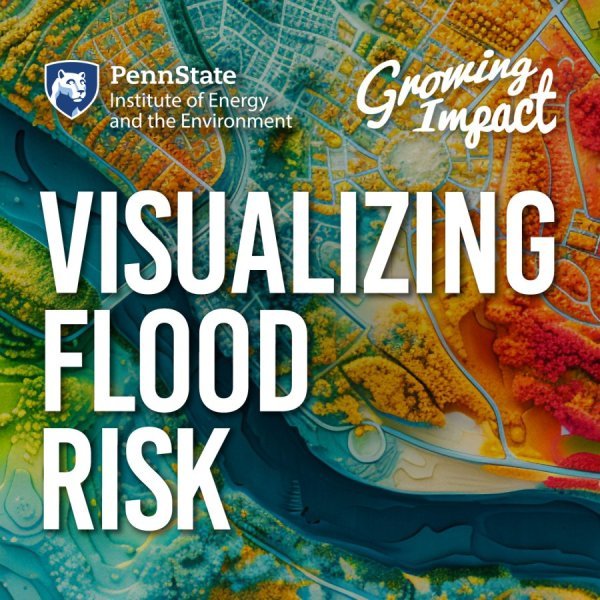Eco-friendly carbon-dioxide conversion process may revolutionize existing method
| news.psu.edu
A new, environmentally friendly, single-step process has been developed to convert carbon dioxide into higher hydrocarbons using plasma, according to scientists and engineers.
Going carbon negative and equity in energy among the topics at Penn State ‘Energy Days’ conference
| stateimpact.npr.org
One presenter said, ““Every single future scenario that says how we avoid drastic climate change is based on having some proportion of carbon taken and put in the ground.”
Widespread coral-algae symbioses endured historical climate changes
| news.psu.edu
One of the most important and widespread reef-building corals, known as cauliflower coral, exhibits strong partnerships with certain species of symbiotic algae, and these relationships have persisted through periods of intense climate fluctuations over the last 1.5 million years, according to a new study led by researchers at Penn State.
Computational scientists help enable, scale agricultural research
| news.psu.edu
Collaborations with the Institute for Computational and Data Sciences' Research Innovations with Scientists and Engineers team, or RISE, have helped bee researcher Christina Grozinger, and professor of environmental and resource economics and public policy Karen Fisher-Vanden overcome data management problems in their research.
Global pollen samples reveal vegetation rate of change
| news.psu.edu
Ancient pollen samples and a new statistical approach may shed light on the global rate of change of vegetation and eventually, how much climate change or humans played a part in altering landscapes, according to an international team of researchers.
Penn State announces academic promotions, effective July 1, 2021
| psu.edu
The following is a list of academic promotions for tenured and tenure-line faculty members at Penn State, effective July 1.
Bringing the ecology and evolution of coral-dinoflagellate symbioses into high resolution
| microbiologycommunity.nature.com
Naming nature is necessary to generate and organize biological knowledge. With genetic data, identifying micro-eukaryote species is far less ambiguous now than it was just a few decades ago. Indeed, breakthroughs in reef coral research is improved with attention to the symbiont species.
Share your wild brook and brown trout photos with researchers
| goerie.com
Researchers at Penn State University would like anglers to share photos of their wild brook and brown trout
Artificial intelligence predicts river water quality with weather data
| news.psu.edu
A Penn-State led team developed an artificial intelligence model to forecast water quality in remote rivers and streams, which could lead to a better understanding of how rivers are reacting to human disturbances and climate change.
Chemical engineering professor receives 3M Non-Tenured Faculty Award
| psu.edu
Hee Jeung Oh, assistant professor of chemical engineering at Penn State, recently received the 2021 Non-Tenured Faculty Award from industrial and consumer technology company 3M. She will receive $45,000 over three years to support her research.
'Seeing' previously unseen nano-level glass damage
| news.psu.edu
An advanced form of spectroscopy has enabled a team of researchers to "see" nano-level imperfections in glass, a finding that could potentially lead to more durable, stronger glass.
Observing eco farmers could guide sustainable information technology innovation
| news.psu.edu
Cutting-edge agricultural technology has advanced in recent years, introducing innovations from self-driving tractors and laser scarecrows to robotic bees that aid in pollination. Does their impact on the global climate make communities and the world a better place?

